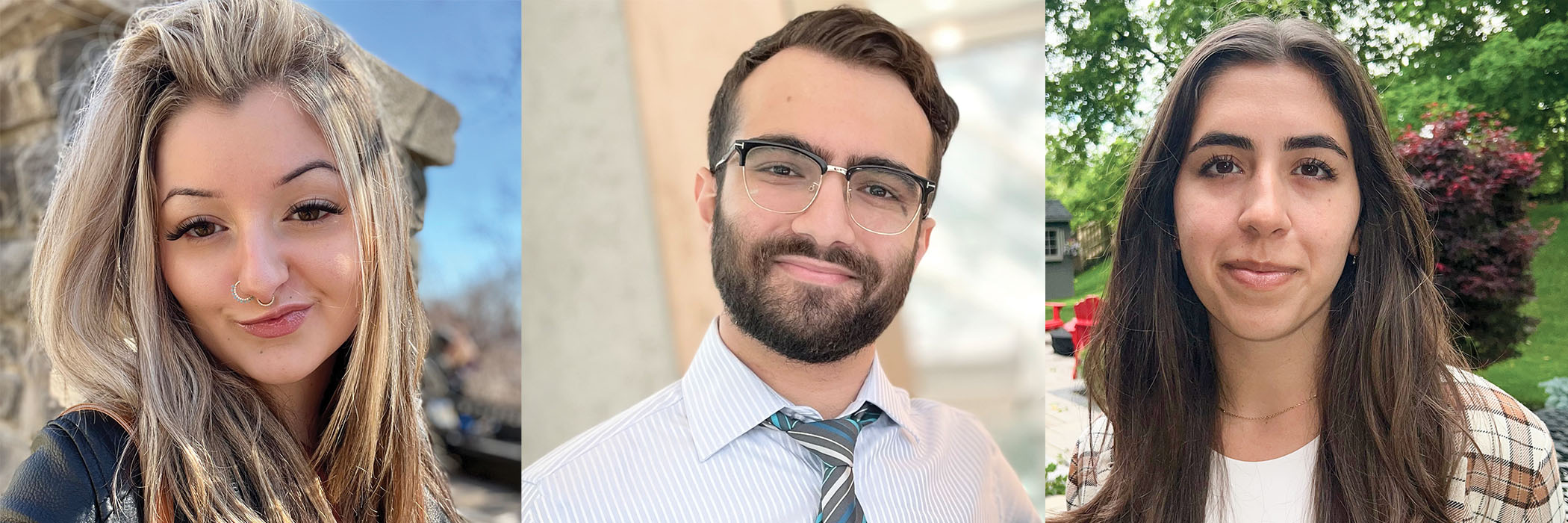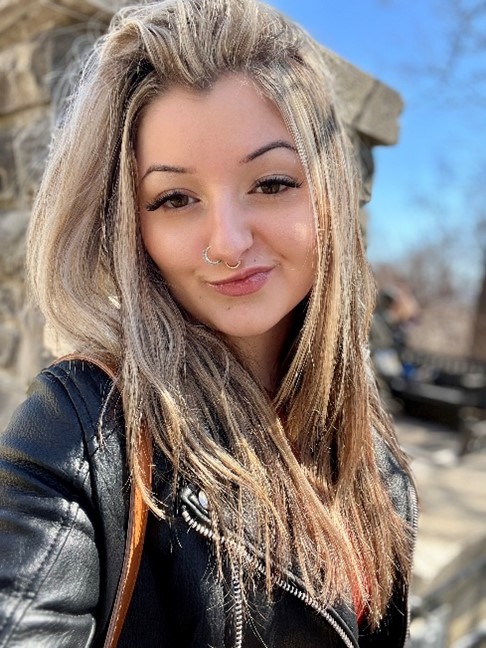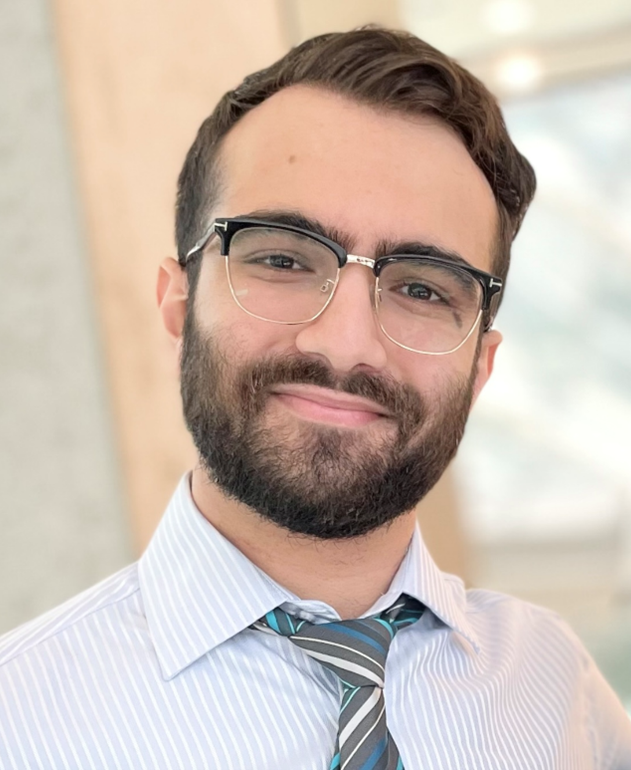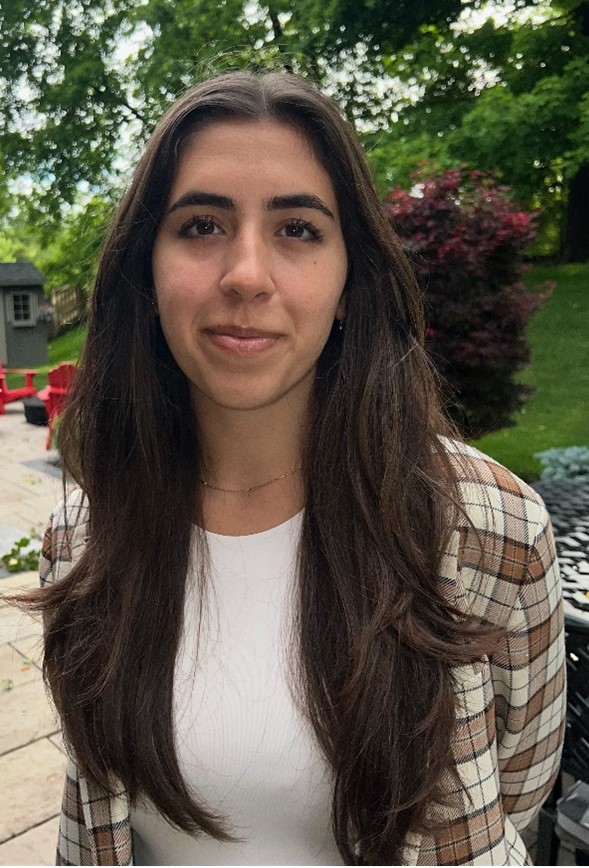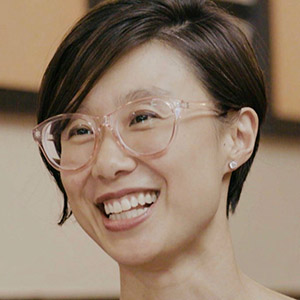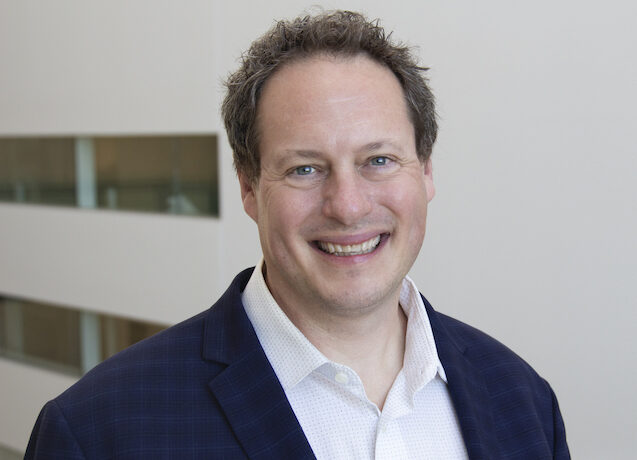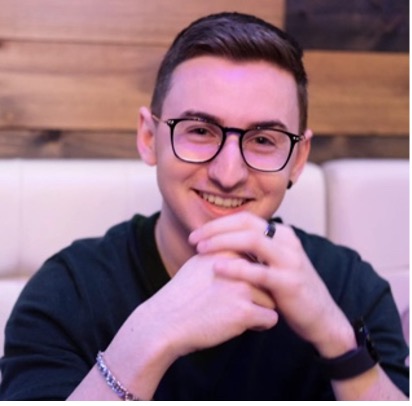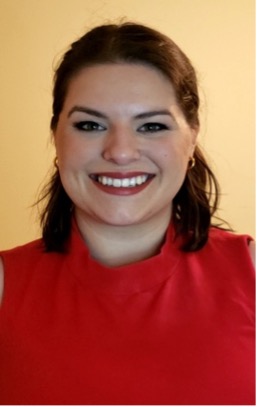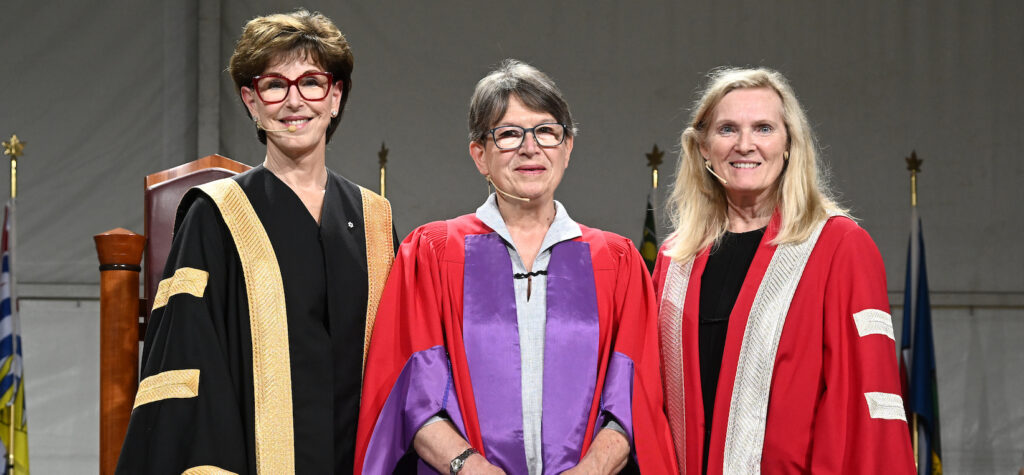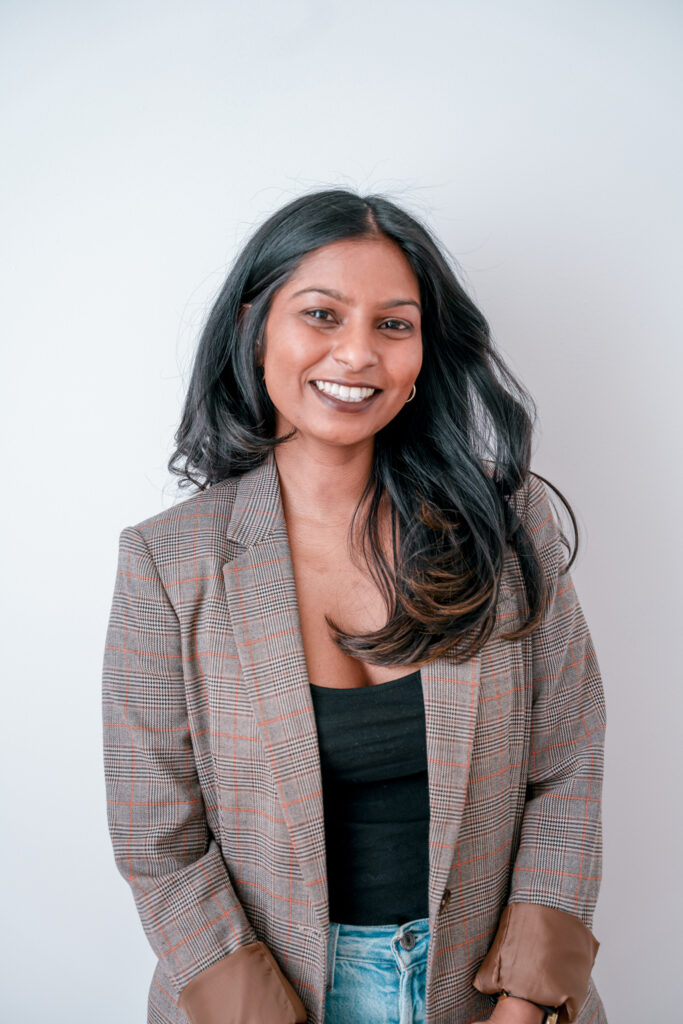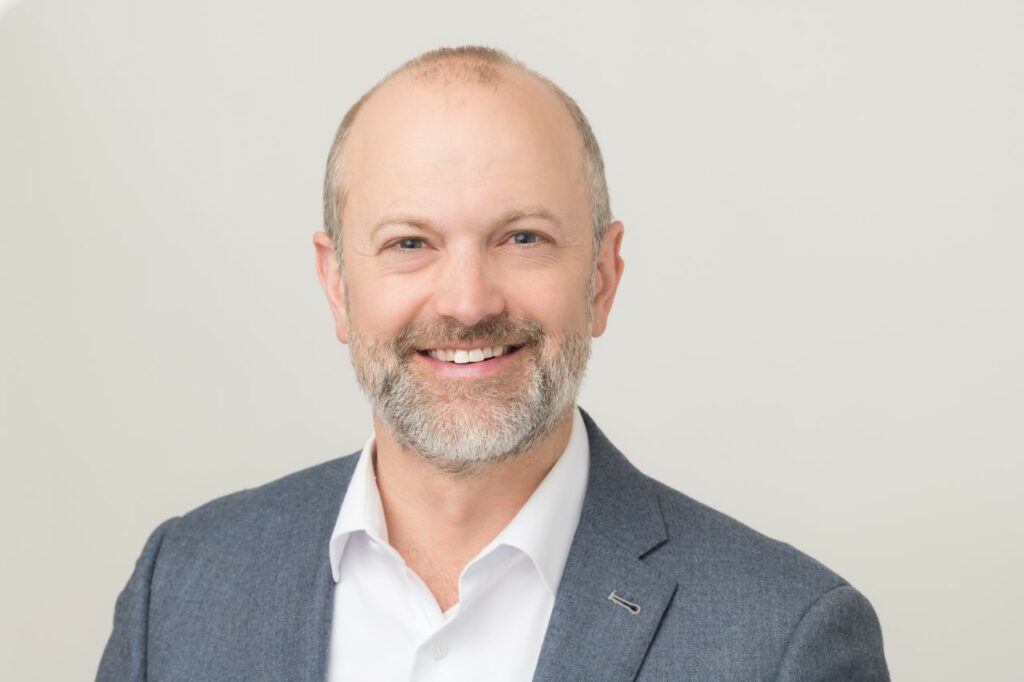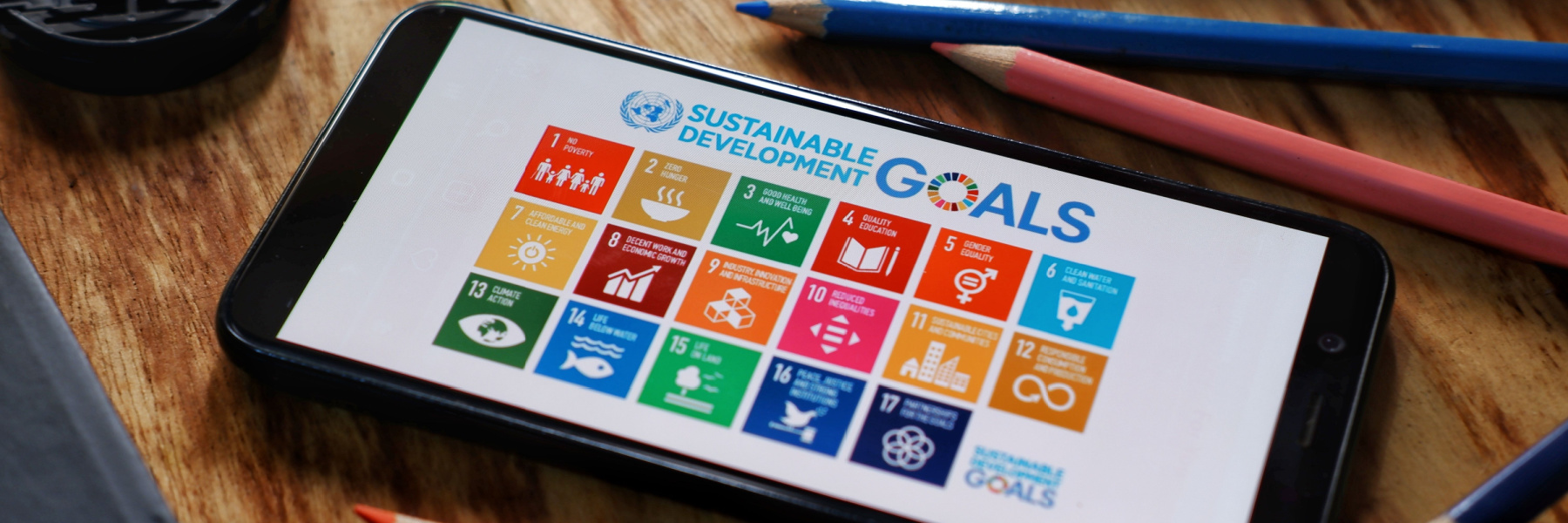In celebration of National Indigenous History Month and the United Nations Decade of Indigenous Languages (2022-2032), the Centre for Indigenous Knowledges and Languages (CIKL) has launched a collection of Indigenous language resources, which focus on the languages currently spoken by First Nations, Inuit and Metis peoples.
The collection can be found on the CIKL website in two parts, each with its own webpage. One focuses on general resources – from in-phone apps to online videos – for 38 distinct Indigenous languages belonging to six language families. The second is dedicated to language learning at York University, identifying language teachers and researchers, as well as courses focused on Indigenous language learning.
The websites are representative of CIKL’s mandate to bring together Indigenous and non-Indigenous faculty, researchers, students and community members, with a focus on centering Indigenous knowledges, languages and ways of being. The collection of language learning resources aims to promote and preserve Indigenous languages by providing resources to learn and explore.
The site embodies the spirit of a quote – translated from Kanien’kéha – by Tekáhkw, a Kanien’kéha speaker & faithkeeper: “The earth carries knowledge that has the power to inform our minds as we are moving about upon it. Our language is the key to understanding the knowledge that the earth carries. The responsibility of a teacher is to lead students through experiences with the power to inform their minds and enlighten their thinking. Enlightenment is the process of learning and the pathway to peace.”
Among the York courses highlighted by the website are:
- ‘Introduction to the Ojibwe Language and Culture,” taught by Brock Pitawanakwat, CIKL associate director, associate professor and coordinator of the Indigenous Studies program, which provides students with the opportunity to delve into the rich linguistic and cultural heritage of the Ojibwe.
- ‘Introduction to Kanien’keha (Mohawk),’ will be offered through the Indigenous Studies program and will be taught by Jeremy Green, CIKL associate and assistant professor in Indigenous Studies. The Indigenous Studies program is thrilled to offer the Mohawk language for the first time at Keele campus and hopes to add additional courses if student interest continues to grow.
- ‘Anishinaabemowin (Ojibway) Language and Culture,’ taught by Maya Chacaby, lecturer in the Department of Sociology at Glendon. The course appears alongside a diverse range of courses at Glendon aiming to create a dynamic learning environment for the study of the Anishinaabemowin language and culture.
The CIKL language resources were put together by Cassidy McInnis, a CIKL workstudy student and recent graduate, and the overall project was guided by Alan Corbiere, CIKL associate and assistant professor, Department of History. By offering these resources, CIKL strives to provide valuable tools for learners, researchers, and the public alike. Visitors to the site are encouraged to engage with the available materials, allowing them to enhance their understanding of Indigenous languages, whether they are beginners or advanced learners.
To learn more about Indigenous languages at York, visit the website here.



